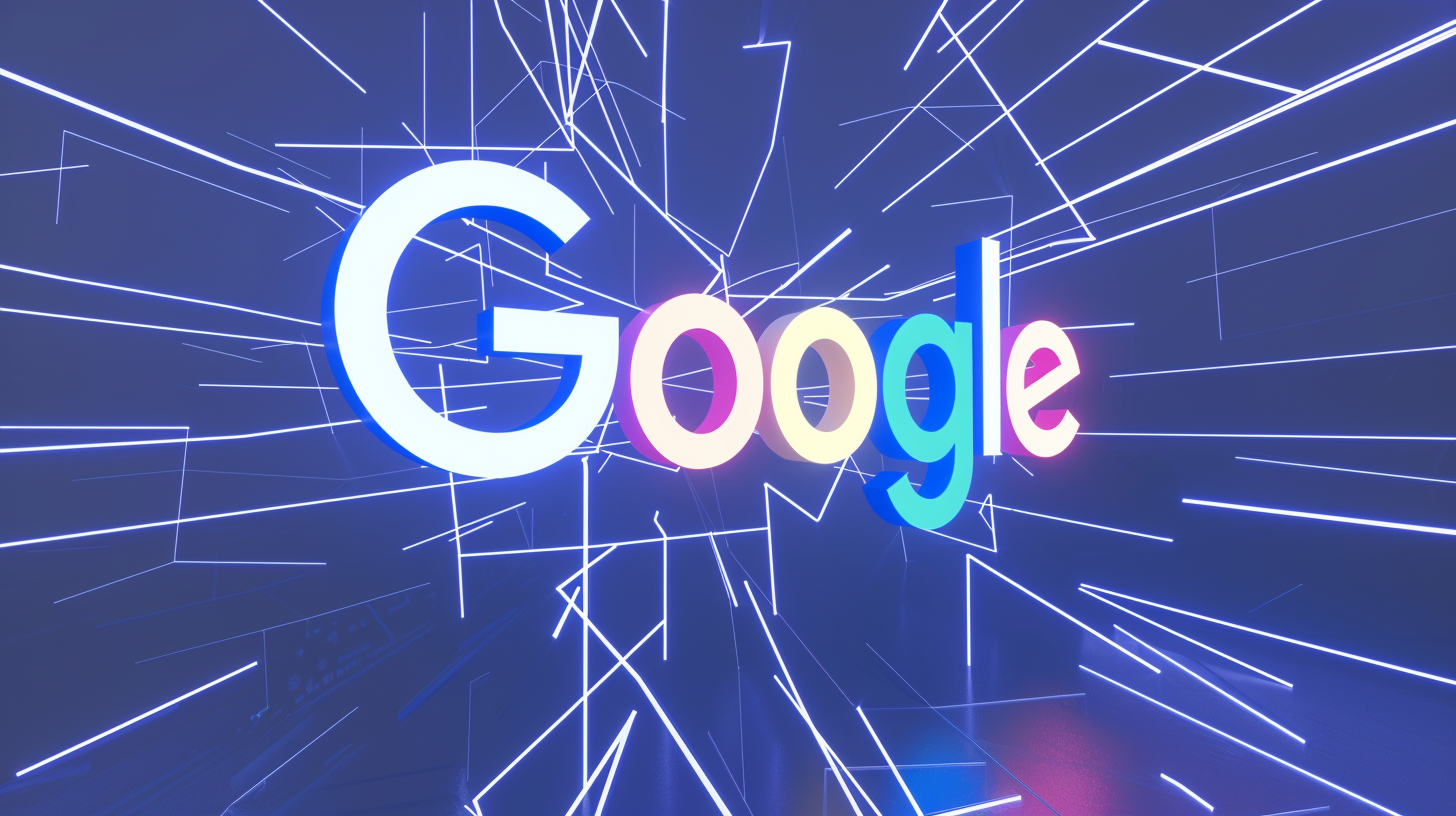Google admits flaws in its "AI overviews," but the real problem is something else

Google says low-quality AI summaries are rare, and a "very large number" of examples shared on social media are fake. The company limits AI responses to critical topics such as news and health.
Last week, people shared many examples of incorrect AI answers from Google's new AI search feature. Some "AI Overviews" even had mistakes related to medical topics.
Google now says most of the shared screenshots are fake. It also claims that AI Overviews are about as accurate as the existing "featured snippets" that show short text from websites in search results.
But Google did admit some odd, wrong, or unhelpful AI overviews were real. This mostly happened for uncommon searches people don't usually do, according to Google.
Google says AI overviews work differently than chatbots. They don't just use training data, but also connect to core systems that rate web content. The goal is finding relevant, high-quality results from the search index.
That's why AI overviews include source links. Accuracy is the top priority, Google stresses. AI overviews should only show info backed by the best web results.
Does Google use the most relevant sources for AI, or the cheapest?
Despite Google's claims, it also shows completely unknown sites or Reddit as sources for AI answers. From a business perspective, this makes sense. Using high-quality publisher content for direct AI answers would put Google in an even more questionable legal position.
Google paying Reddit $60 million a year for data access fits the pattern. Before the widespread launch of AI Overviews, Google had been steadily sending more traffic to Reddit for months, based on the claim that people like Reddit's personalized responses.
That may be true. But it's also true that $60 million for Reddit data is a lot less than what Google would have to pay major publishers to generate AI responses based on their content.
Sometimes, content reposted on Reddit even shows up on Google ahead of the original source. The result: Reddit keeps growing, Google gets its data and AI answers, and small publishers fade away.
Google AI rival OpenAI is spending hundreds of millions on selected publishers' content for its upcoming search alternative. This approach also has issues, but seems more upfront than what Google is doing.
Google admits AI search mistakes
Circling back to AI Overview quality: Google admits query misunderstandings or wording issues sometimes happen.
A lack of good information on a topic can also hurt quality. Nonsense searches and satire are difficult for Google's AI system to handle.
As an example, the company cites the query "How many rocks should I eat?", which Google's AI answered with "at least one a day."
No serious content covers this, but a satirical post ended up on an otherwise seemingly relevant page of a "geological software provider" cited here. Moreover, this exact search has never been done before, Google says, calling the whole situation a "data gap". It's not clear why the AI deemed a geology software provider relevant to answering a question about how many rocks to eat.
In other cases, AI summaries have included sarcastic or sketchy content from places like Reddit. While forums often share real experiences, they can also give bad advice, Google says.
Google says it has adjusted its AI Overviews as follows:
- Spotting nonsense queries to avoid showing AI Overviews. Limiting satire and humor.
- Limiting user content that may have misleading tips.
- Adding limits for unhelpful AI overview topics.
- Increasing controls for sensitive areas like health.
- Avoiding AI overviews for timely, accuracy-critical news when possible.
AI overviews that break content rules get removed. Google says less than 1 in 7 million searches have had such violations so far. With billions of daily searches, some errors are inevitable, Google claims.
Of course, Google can always dismiss any criticism as isolated cases, just a few outliers in billions of searches. Google's CEO Sundar Pichai recently dodged specific statements about AI Overviews this way in a recent interview.
To prove or disprove Google's claims, neutral entities would have to conduct thorough investigations. Until then, Google has free rein over the Internet. And it's taking full advantage.
AI News Without the Hype – Curated by Humans
As a THE DECODER subscriber, you get ad-free reading, our weekly AI newsletter, the exclusive "AI Radar" Frontier Report 6× per year, access to comments, and our complete archive.
Subscribe nowAI news without the hype
Curated by humans.
- Over 20 percent launch discount.
- Read without distractions – no Google ads.
- Access to comments and community discussions.
- Weekly AI newsletter.
- 6 times a year: “AI Radar” – deep dives on key AI topics.
- Up to 25 % off on KI Pro online events.
- Access to our full ten-year archive.
- Get the latest AI news from The Decoder.